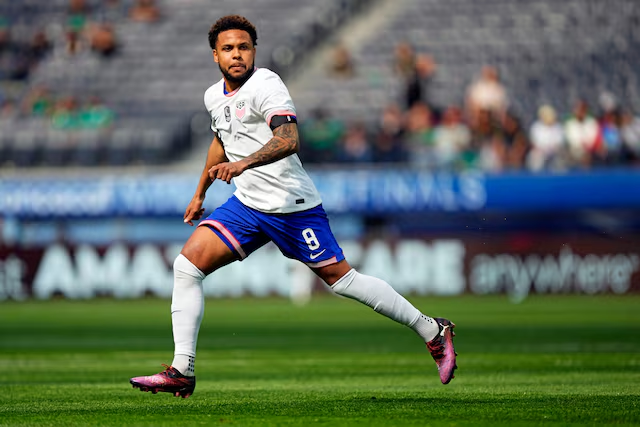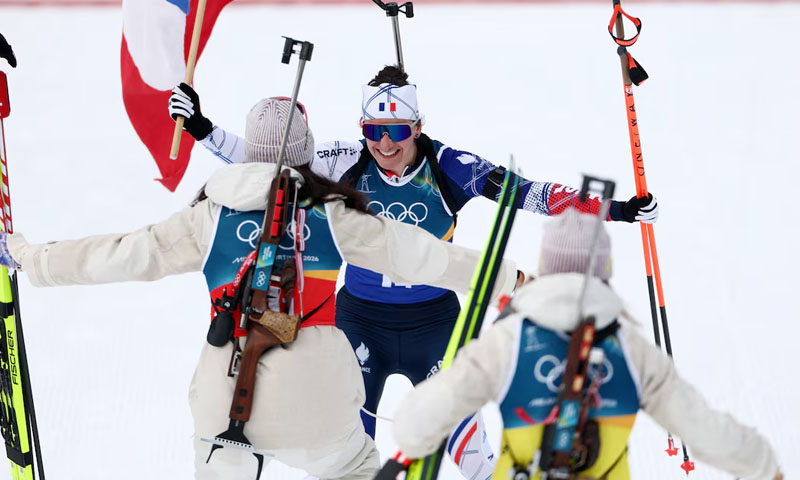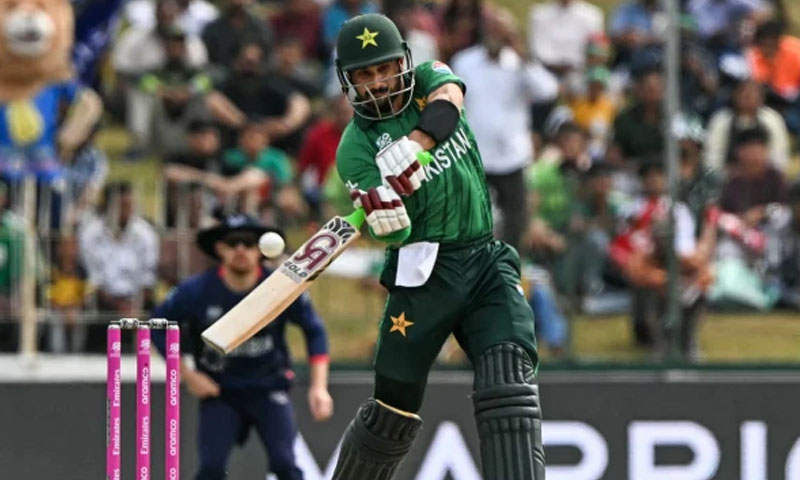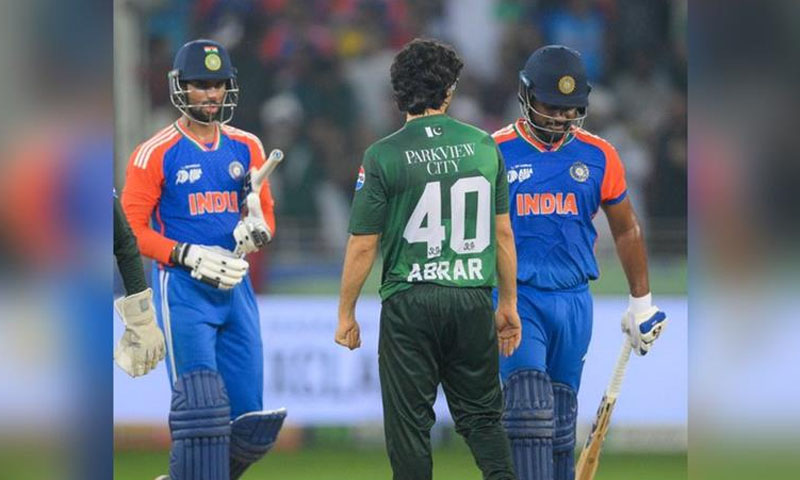- Web Desk
- Yesterday
Juventus condemns racist abuse of Weston McKennie after season opener
-

- Web Desk
- Aug 25, 2025

WEB DESK: Juventus began their Serie A campaign with a comfortable 2-0 win over Parma in Turin on Sunday, but the victory was overshadowed by yet another ugly incident of racism in Italian football.
The club confirmed that US international midfielder Weston McKennie was subjected to racist abuse from individuals in the away section as he warmed down after coming on as a late substitute.
In a strongly worded statement, Juventus said: “We strongly condemn this incident and any form of racism, and will ensure full cooperation with the sporting justice authorities to identify those responsible.”
Yildiz stars as Juventus beat Wydad at Club World Cup
McKennie, who joined Juventus in 2020, has been a consistent victim of discriminatory abuse in Italy. In 2023, Fiorentina escaped with a suspended partial stadium ban after their fans targeted him and other Juventus players with racist chants.
Sunday’s incident comes at a time when global football is once again grappling with an alarming rise in racism. Just last week, FIFA president Gianni Infantino slammed racist abuse in German Cup matches, calling the behaviour “unacceptable.” In England, police arrested a fan on August 16 after Bournemouth forward Antoine Semenyo reported being racially abused during a Premier League game at Anfield.
FIFA investigating video after France alleges racism against Argentinian player
Juventus’ new signing Jonathan David provided the spark on the pitch, scoring on his Serie A debut to help secure the win over Parma. But the post-match headlines were dominated by the abuse hurled at McKennie, highlighting how racism continues to stain the sport despite repeated pledges of zero tolerance.
Man City destroy Juventus to top group at Club World Cup
For McKennie, one of the few American players to have built a long-standing career in Serie A, the abuse represents not just a personal attack but a reminder of the deep-rooted challenges football still faces.
Clubs, governing bodies, and players have repeatedly called for harsher punishments, but for many, the message remains clear: words alone are not enough. Without concrete action, bans, fines, and stronger accountability, incidents like those in Turin risk becoming a grim routine rather than a shocking exception.




